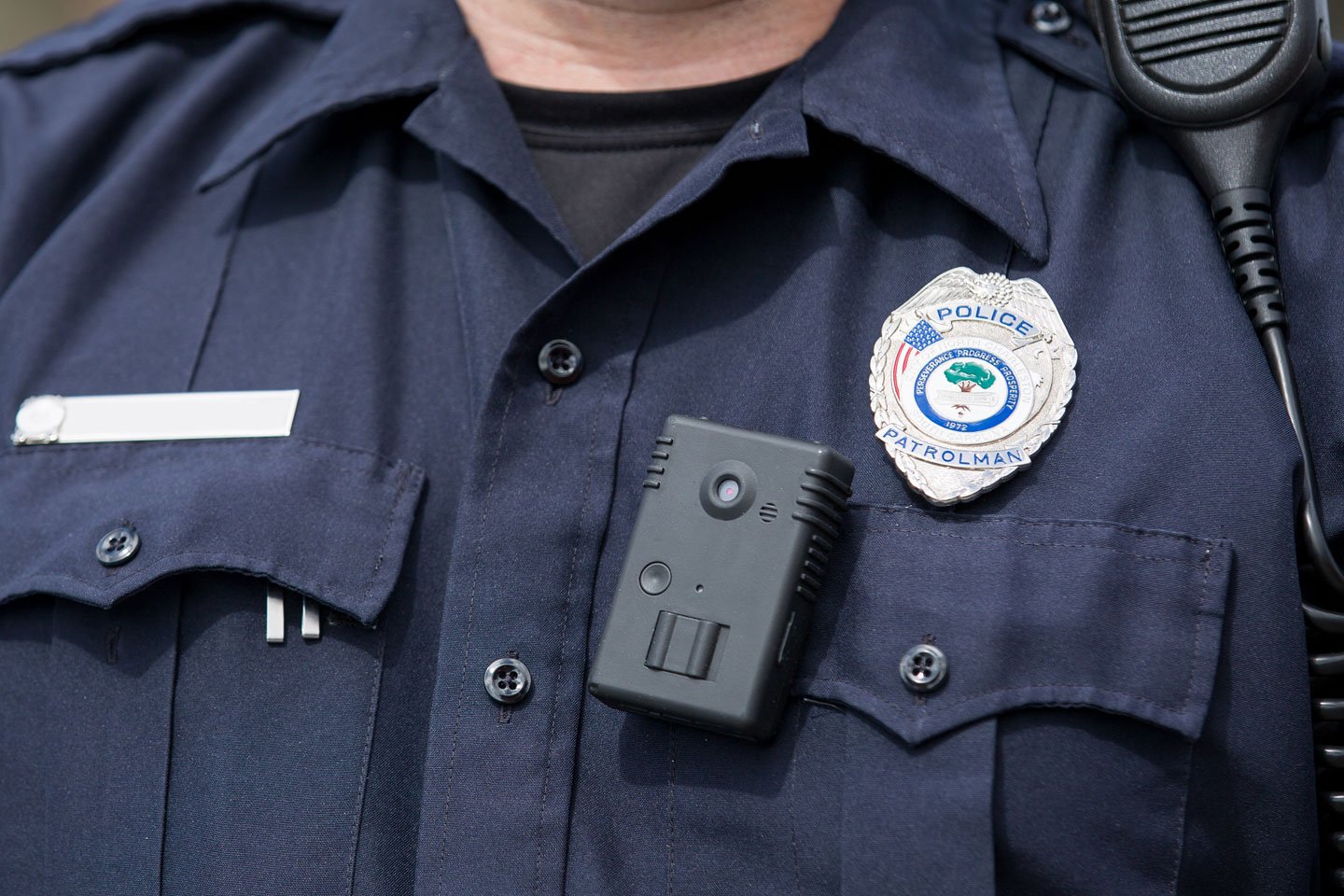
Houston’s New DA Brings Back “Trace” Felonies, the Eighties
Observers of Texas’ inarguably messed-up criminal justice system will lately have noticed a change in the state’s tune. Decades of tuff-on-crime policies turned out to be super-expensive to implement, so leaders across the state have started amending those policies and prioritizing whom they incarcerate, a posture shift called “right on crime.” As a result, after 10 years of Texas’ prison population growing by an average almost half a percent annually, that number actually dropped 0.7 percent between 2010 and 2011.
Great, right? Great for taxpayers who aren’t paying to house and feed as many of their felonious brethren (especially nonviolent offenders better off in rehab); great for cops, who can dedicate their limited resources to the most serious crimes; and great for penny-ante dope fiends with a taillight out.
A solid example of “right on crime” is—er, was—Houston’s “trace case” policy. When Republican Pat Lykos was elected Harris County district attorney in 2010, she changed the long-standing policy of prosecuting possession of “trace” amounts of drugs as a felony. A trace amount is defined as less than of 1/100th a gram; in most cases, it refers to the burned residue inside a used crack pipe. (If your ears are pricking up about a policy that would, in practice, usually apply only to one kind of drug user, you’re not alone. More on that in a minute.) Lykos made possession of trace amounts of drugs a misdemeanor.
That single change cut the number of citizens arrested in Harris County for felony drug possession by half. It freed up prison space, took paraphernalia cases off the perennially overbooked Houston Police Department Crime Lab, and saved money—pretty important, as Harris County spends about 70 percent of its total budget on criminal justice.
It also aligned Houston with other large urban counties in Texas and with what’s probably constitutional: One one-hundredth of a gram is too small a sample to analyze twice. Testing the evidence destroys it, so the defense can’t do its own analysis.
That’s why the Texas Criminal Justice Coalition and many others were so dismayed to see the new Harris County DA Mike Anderson reinstate felony prosecution for trace cases. Anderson’s promise to do so was one reason he trounced Lykos in the Republican primary last year; Houston police openly hated Lykos’s reform.
“These crackheads are the people who are breaking into motor vehicles to steal your laptop off the front seat, to grab the purse that’s visible, all those things they can sell for $25 to go buy another crack rock,” said Ray Hunt, president of the Houston Police Officers’ Union, to the Houston Chronicle.
But as a new study by Texas Criminal Justice Coalition points out, both property and violent crime in Houston continued their precipitous drops through the two years of Lykos’s policy.
Besides being a resource hog without a demonstrable effect on crime, prosecuting trace cases as felonies perpetuates a historical injustice of unequal enforcement for illegal drugs. Will cops start pulling over Jaguars and looking for straws caked with what might not be 1/100 of a gram of Splenda?
The Houston Police Department’s own annual report on racial profiling says no. Although only 19 percent of Houstonians are black, more than half of all HPD “consent searches” in 2012—searches without probable cause—were of black drivers. And while research consistently shows that whites and blacks use illegal drugs at similar rates, blacks make up almost half of arrestees for felony drug possession in Houston.
Hey–you can’t spell “trace” without “race.”


